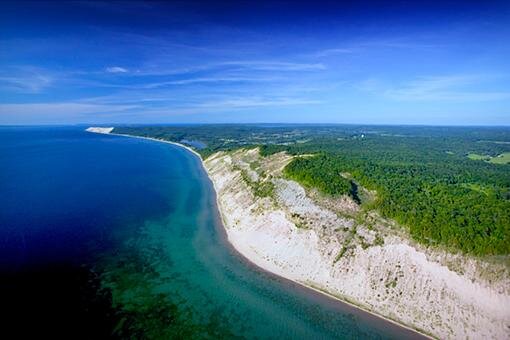
Environmental Safety
Great Lakes Flag Warning System
Before heading to the beach in Michigan check the safety conditions first. Hazardous weather, contamination, and other environmental hazards affecting our waterways may be reasons to change your plans.
KEEP MEDICATION & OTHER HAZARDOUS WASTE OUT OF OUR WATERWAYS
Winter Resources and Services
Homeless & Warming Centers
Detroit:
Emergency Shelters and Warming Center or call 1(866)313-2520
Statewide:
Michigan State Housing Development Authority or call 1-855-MI-MSHDA (1-855-646-7453)
Winter Weather Emergency Preparedness from MIREADY
Click the links to access lists. Contact your local police department for help after hours.
Healthcare professionals and the public should call the Poison Helpline at 1-800-222-1222 for expert advice on poison-related questions. We are here to help 24/7/365.



